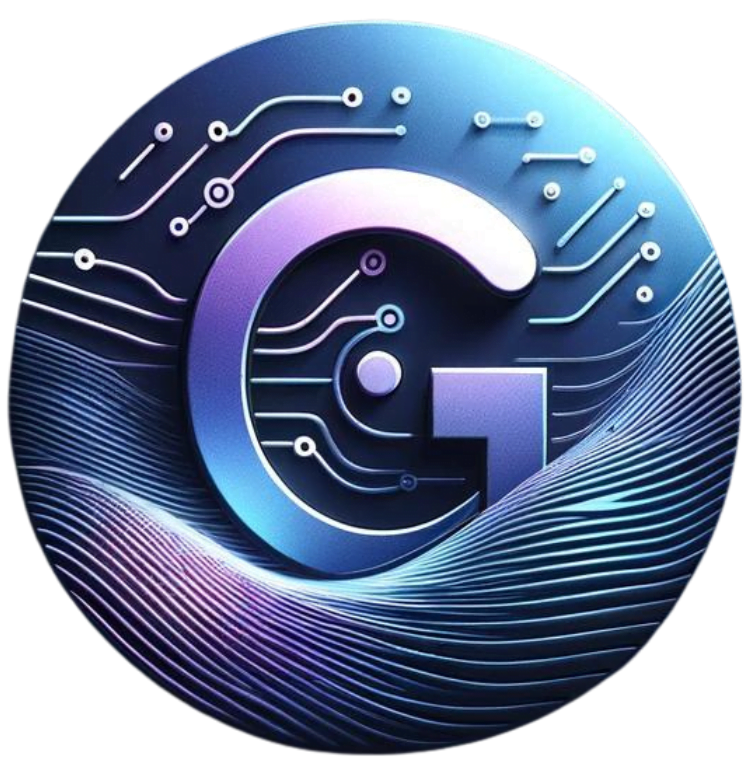3 Power Steps for Generational Marketing in the Healthcare Industry

1) Understanding Your Audience
Generational marketing in the healthcare industry hinges on understanding the distinct preferences and needs of different age groups. Baby Boomers, Generation X, Millennials, and Generation Z each have unique characteristics and health priorities. For example, Baby Boomers may be more inclined towards traditional healthcare services, while Millennials and Gen Z may prefer digital health solutions and wellness apps. By comprehending these distinctions, healthcare marketers can tailor their strategies effectively.
2) Leveraging Technology and Communication Channels
Another crucial step is leveraging the appropriate technology and communication channels. Baby Boomers may respond better to email newsletters and direct mail, while Generation Z is more likely to engage with healthcare providers through social media platforms and mobile apps. Utilizing the right channels ensures that your marketing messages reach the intended demographic in the most engaging way possible.
3) Personalization and Trust Building
Personalization is key when it comes to generational marketing. Providing customized content and solutions that resonate with each generation builds trust and improves patient engagement. For instance, personalized health tips, reminders about appointments, and tailored wellness programs can significantly enhance the patient experience. Trustworthy content that addresses the specific concerns of each generation will establish a stronger connection between healthcare providers and their patients.
For more detailed information on generational marketing in the healthcare industry, visit georgefeola.io.

